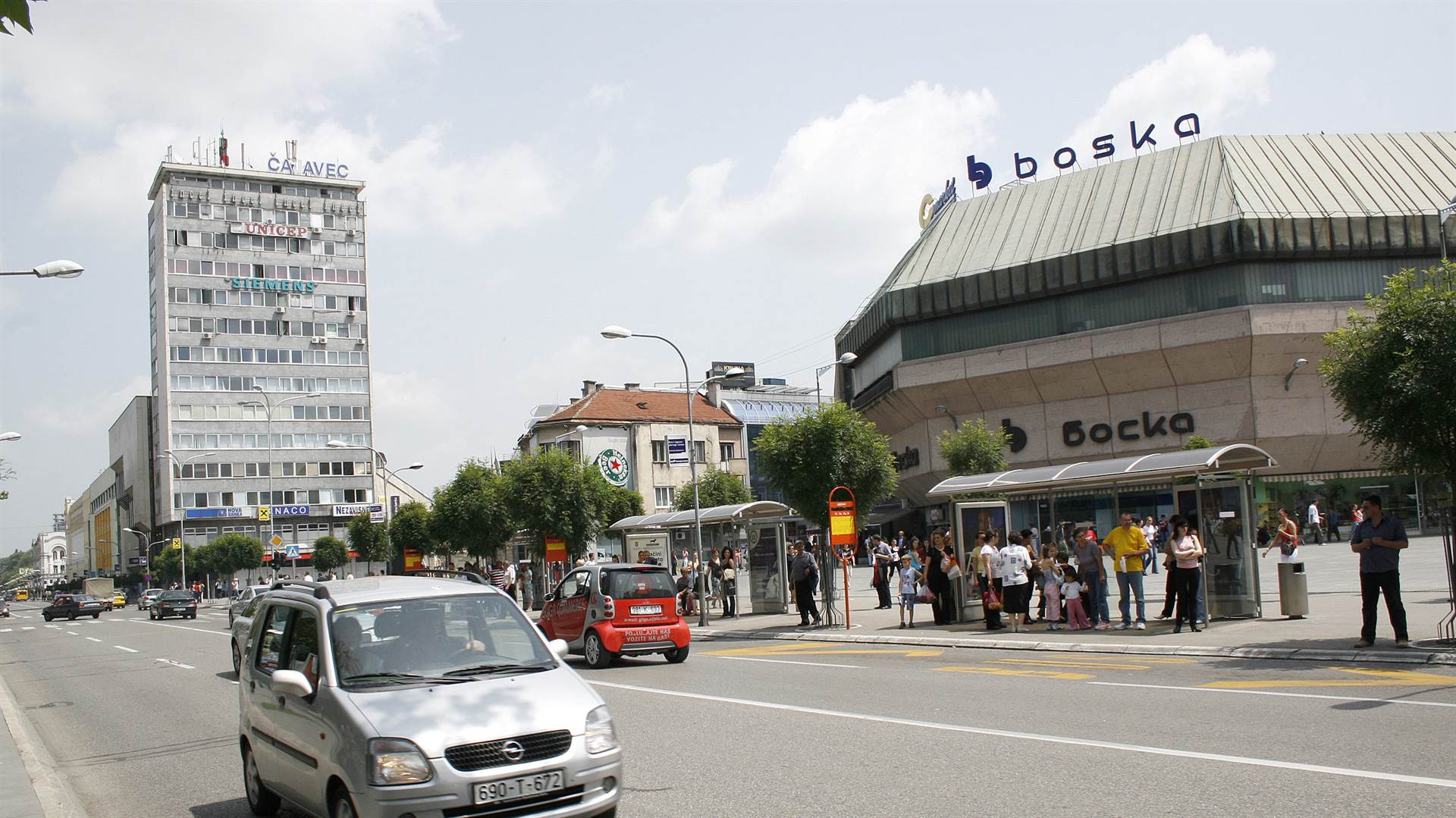This post is also available in: Bosnian
Zelenika, a former member of the Croatian Defense Council, has been charged with physically and mentally abusing a prisoner named Almir Lalic while prisoners from the Heliodrom detention camp worked on Santiceva Street in Mostar in November 1993.
He has also been charged with the severe physical abuse of Muhamed Lalic in his apartment in Mostar on the night of May 6 or 7, 1994.
Testifying in his own defense at today’s hearing, Zelenika said he’d never heard of the injured parties and had saved people’s lives during the war.
“I’ve never seen Almir Lalic before in my life, except in this courtroom. Also, I first heard of his father Hamo when I received the indictment. If two men who I knew were alive, this trial wouldn’t last longer than two days,” Zelenika said.
Trial chamber chair Slavko Pavlovic asked Zelenika whether he was claiming that the injured parties were lying about the events associated with him. Zelenika said one could conclude on the basis of available documents that their abuse occurred, but that he wasn’t present when it took place and wasn’t the perpetrator.
Zelenika said he didn’t harm prisoners who came to Santiceva Street in Mostar to work. He said his unit, the Second Battalion of the Croatian Defense Council, followed the same rule.
“I personally didn’t even swear at anyone. The detainees received the same meals we did. They ate three times a day, sitting with us. As far as the labour is concerned, they worked in groups, while somebody just sat there, made coffees or lunch. I even quarreled with some soldiers, asking why those detainees worked, since they could die,” Zelenika said.
Court expert Gospava Crnogorcic discussed her ongoing evaluation of Muhamed Lalic’s mental health. The defense had requested that Crnogorcic review Lalic’s medical documentation to determine whether he was mentally sound when he gave a statement to the prosecution on March 2, 2005.
She said she had been unable to prepare findings on the basis of the medical documentation submitted to her.
“This is a complex and difficult case, particularly because this is a deceased person. I can’t conduct a psychiatric interview with the person I should examine in order to express my opinion on the person’s health,” Crnogorcic said. She said the medical documentation given to her was deficient as well.
The trial will continue on December 4.

